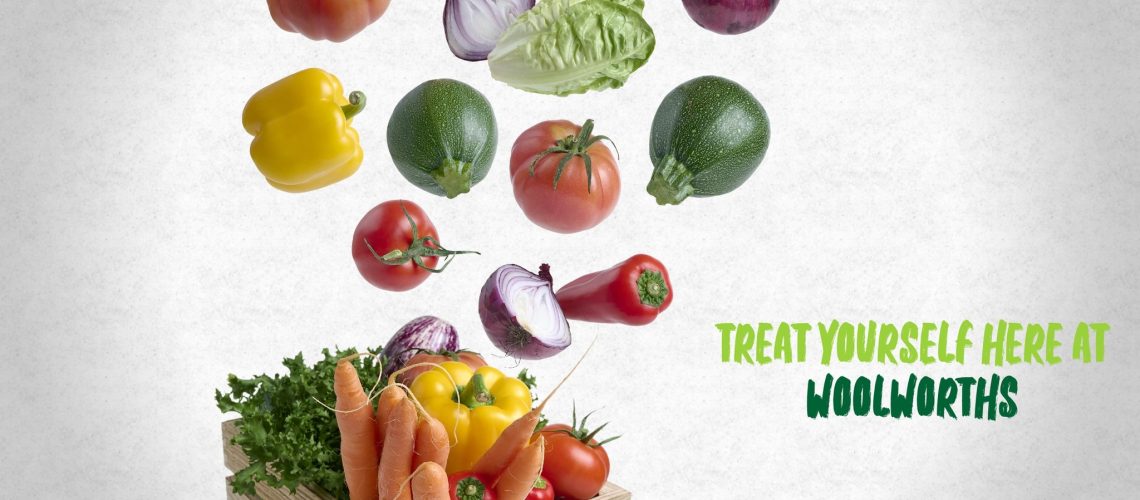If you’re like most people, you probably think of fresh produce as being healthy and nutritious. After all, fruits and vegetables are packed with vitamins, minerals, and fibre. If you wanted fruits and vegetables, you had to grow them yourself or buy them from a local farmer. Today, however, there are many more options available. You can find them at your local grocery store, farmers’ market, or even online.
In this article, we let you in on things that you need to know about fresh and raw produce. From its definition to its health benefits, you can find them all here. This way, you get to have a clearer understanding of this food type and its sources. So, let’s begin the discussion by defining what it is, shall we?
What constitutes fresh and raw produce
Fresh and raw produce includes fruits, vegetables, and other plant-based foods that have not been processed or canned. Examples include apples, bananas, carrots, lettuce, and tomatoes. Consumption is recommended as part of a healthy diet for it is packed with essential nutrients.
Nutrients are important for maintaining good health and preventing chronic diseases. Produce that is fresh is generally lower in calories than processed foods. This makes it a good choice for people who are trying to lose weight or maintain a healthy weight.
Keep these in mind
There are a few things to keep in mind when shopping for fresh fruits and vegetables.
– Try to buy local and seasonal produce whenever possible. This is because local produce is typically fresher and cheaper than imported produce. Also, seasonal produce is fresher and tastier than out-of-season produce.
– Make sure to check the label for any signs of damage or bruising. Damaged or bruised fruits and vegetables can spoil quickly and may not be safe to eat.
– Don’t be afraid to try new things! Exploring different types of fruits and vegetables is a great way to add variety to your diet.
In a nutshell
Eating fresh fruits and vegetables is a great way to improve your health. Be sure to shop for local and seasonal produce whenever possible. Therefore, it is wise to check the labels for any signs of damage or bruising. Don’t be afraid to try new things! Exploring different types of products is a great way to add variety to your diet.
Health benefits of produce that’s fresh
What exactly are the health benefits of eating produce? Here’s a look at some of the ways fresh fruits and vegetables can improve your health:
1. Packed with vitamins, minerals, and antioxidants.
These nutrients are essential for good health, and they can be found in abundance in fresh fruits and vegetables. Vitamins and minerals play key roles in maintaining strong bones. This is necessary to keep our immune systems functioning well. Antioxidants, meanwhile, help protect our cells from damage caused by harmful toxins and molecules.
2. Reach and maintain a healthy weight.
Because they’re packed with nutrients but low in calories, fresh fruits and vegetables can help you reach or maintain a healthy weight. What’s more, many of them contain fibre, which helps you feel full and satisfied after eating. This can be helpful if you’re trying to lose weight or simply avoid packing on extra pounds.
3. Reduce your risk of chronic diseases.
Eating plenty of fresh fruits and vegetables has been linked with a reduced risk of several chronic diseases. This includes heart disease, stroke, diabetes, and some forms of cancer. This may be due to the fact that these foods are rich in nutrients that can promote good health and protect against disease.
4. Improve your digestion.
Fresh fruits and vegetables are a great source of fibre which is important for good digestive health. Fibre helps keep things moving along smoothly in the digestive tract and can also help prevent constipation.
5. Give you more energy.
Because they’re packed with nutrients, fresh fruits and vegetables can give you a natural energy boost. This can be especially helpful if you’re trying to cut back on sugary or caffeinated drinks.
6. Help you stay hydrated.
Many fresh fruits and vegetables contain water, which can help you stay hydrated. This is especially important in hot weather or if you’re exercising regularly.
7. Improve your skin health.
Fresh fruits and vegetables are a good source of vitamins A and C, both of which are important for healthy skin. Vitamin A helps keep skin cells renewing properly. On the other hand, vitamin C helps protect against damage from the sun and other environmental toxins.
8. Boost your mood.
Eating fresh fruits and vegetables has been linked with improved mental health and a reduced risk of depression. This may be due to the fact that these foods contain nutrients that promote good physical health. This in turn leads to improved mental health among others.
9. Improve your overall health.
Eating a diet rich in fresh fruits and vegetables is linked with improved overall health. This includes everything from a reduced risk of chronic diseases to better mental health and improved digestion.
10. It is, of course, delicious!
One of the best things about fresh fruits and vegetables is that they’re delicious. So not only are they good for you, but they can also help you enjoy your meals more. With so many different types to choose from, there’s sure to be fresh fruit or vegetable that you’ll love.
Whether you’re looking to improve your health or enjoy some delicious food, eating fresh fruits and vegetables is a start. Make them a part of your regular diet and you’ll reap the many benefits they have to offer.
Is consumption of fresh and raw produce worth it?
As the weather gets warmer, farmers’ markets across the country are opening for business. This means fresh fruits and vegetables are making their way into our kitchens. But as any shopper knows, fresh ones can be a little bit expensive. So, we decided to take a closer look at the price of fresh vs. frozen fruits and vegetables. We found that, overall, fresh is more expensive than frozen. But there are some exceptions.
For instance, berries tend to be cheaper when they’re frozen, while tomatoes are usually less expensive when they’re fresh. Of course, price isn’t the only consideration when it comes to choosing between fresh and frozen fruits and vegetables. Taste, nutrition, and convenience are all important factors to consider. So, what’s the bottom line? When it comes to fresh vs. frozen produce, there’s no clear winner. It all depends on your personal preferences.
In conclusion
One of the best things about having fresh produce available is that it can help encourage you to eat healthier. When fruits and vegetables are readily available, you’re more likely to make them a part of your regular diet. This can lead to improved overall health, including a reduced risk for obesity, heart disease, and other chronic conditions.
In addition to eating healthy, another benefit of having these on hand is that it can save you money. Buying fresh fruits and vegetables can be less expensive than purchasing processed or packaged foods. And, if you grow your own produce, you can save even more. For the freshest produce, visit Cannon Central Shopping Centre.
Related Articles

